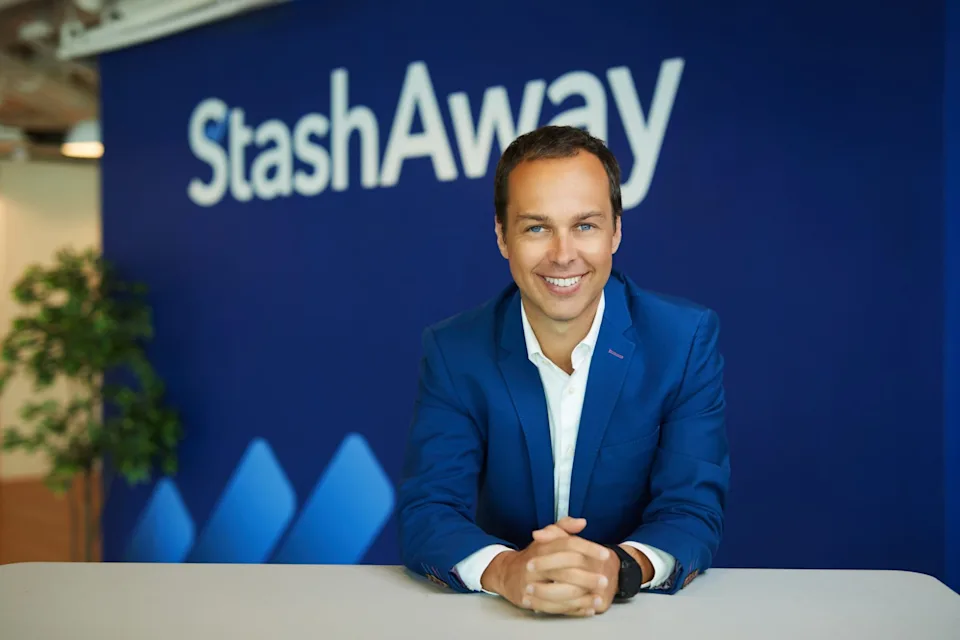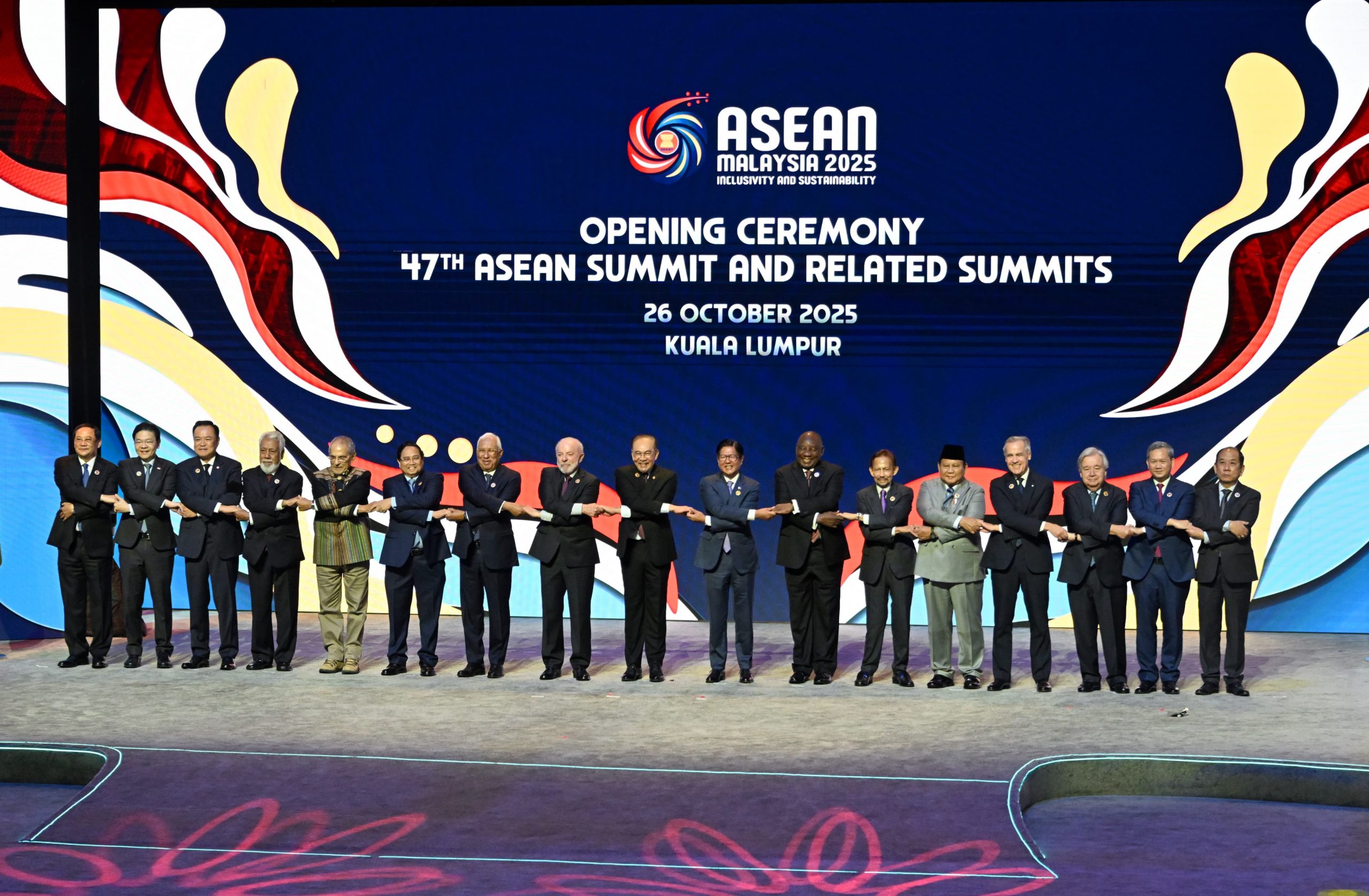The UAE is doubling down on Islamic finance and halal exports—setting a bold $86B target by 2031 and holding $162B in Islamic deposits. For ASEAN businesses, this is more than a headline—it’s a clear signal to engage. From halal F&B to Sukuk financing, the UAE is opening doors. Time for ASEAN to walk through them.

Photo by Christoph Schulz on Unsplash
The UAE’s bold national strategy to grow its Islamic finance sector and halal manufacturing capabilities is more than just a domestic policy play—it’s a direct call to international partners, including Southeast Asia, to engage more deeply in the global halal economy.
According to Arabian Business, the UAE now holds AED595.3bn (US$162bn) in Islamic bank deposits and has set an ambitious target to quadruple halal exports to AED315bn (US$86bn) by 2031. These numbers are not just impressive—they signal a structural pivot towards becoming the world’s premier halal and Sharia-compliant financial hub.
For ASEAN companies, especially those in halal-certified F&B, pharmaceuticals, personal care, and logistics, this presents a timely opportunity.
1. A gateway to MENA markets via a trusted hub.
With Dubai and Abu Dhabi positioning themselves as global trade nodes, ASEAN businesses can leverage the UAE’s regulatory infrastructure and logistics strength to reach North Africa, the GCC, and even Europe.
2. Strong alignment with ASEAN’s halal and Islamic finance expertise.
Countries like Malaysia and Indonesia already boast mature halal ecosystems and Islamic banking sectors. Strategic partnerships, joint ventures, or tech-transfer agreements with UAE entities can unlock growth for both sides.
3. Demand is outpacing supply.
Bonafide Research projects the UAE halal F&B market to exceed US$31.2bn by 2029. This demand spans beyond food—it includes cosmetics, supplements, and fashion. ASEAN exporters and manufacturers can bridge this supply gap.
4. Sukuk financing to fund ASEAN-Gulf ventures.
With Nasdaq Dubai hosting nearly US$96bn in listed Sukuk, UAE offers a mature platform for Islamic capital market products—ideal for ASEAN firms looking to finance regional expansion ethically and efficiently.
The UAE is not just building a halal economy for itself—it is inviting the world to co-develop and co-scale. For ASEAN, which has the world’s largest Muslim population base and rising halal innovation clusters, this is a corridor worth walking.
And the time to walk it is now.

StashAway’s entry into the UAE isn’t just a business expansion. It reflects a shift in how wealth is being understood in the region.

The 47th ASEAN Summit in Kuala Lumpur from 26–28 October 2025 marked a pivotal moment for Southeast Asia. With East Timor’s historic entry as ASEAN’s 11th member, an upgraded ASEAN-China Free Trade Agreement, and renewed engagement from major powers, the summit reflected both opportunity and strain. The question now is whether ASEAN’s long-standing unity can hold amid global polarisation and rising protectionism.

First Abu Dhabi Bank (FAB) is deepening its role as the financial bridge between the Gulf and Asia. At the second edition of the Middle East–Asia Summit in Singapore, FAB convened over 250 policymakers, investors, and business leaders to discuss how trade, innovation, and sustainability can shape a new era of cross-regional growth.